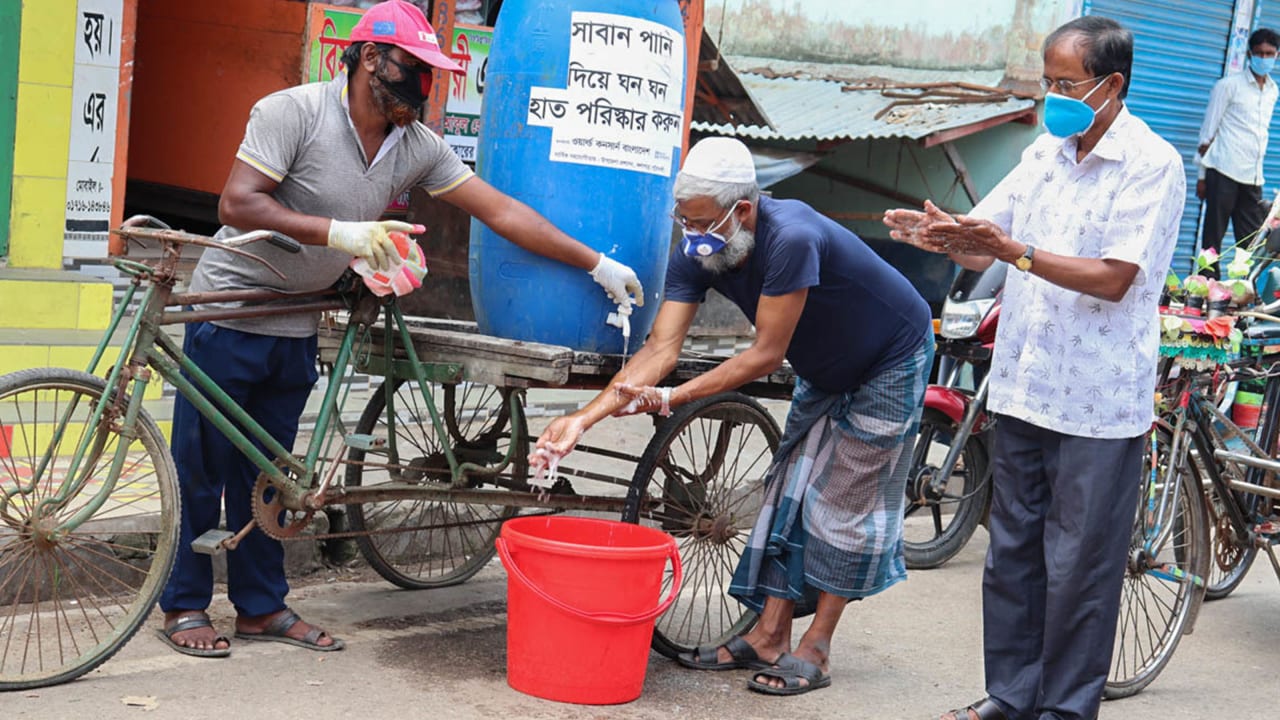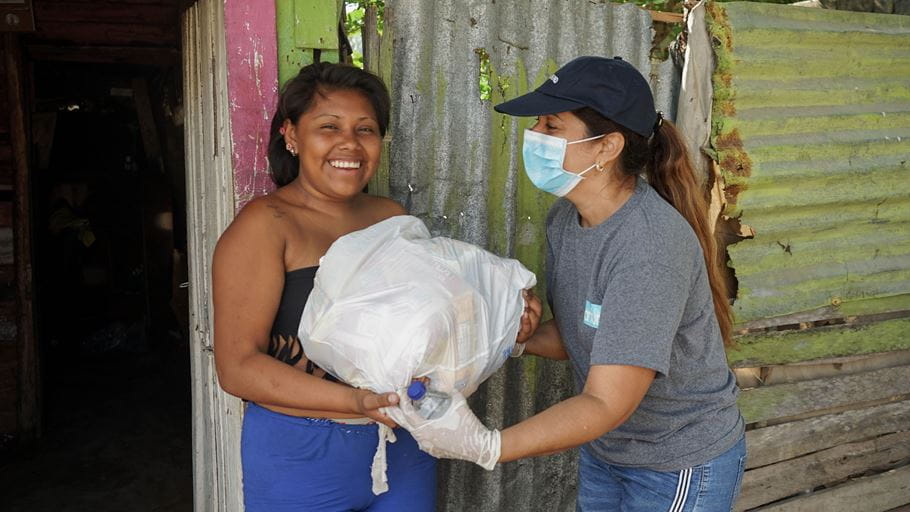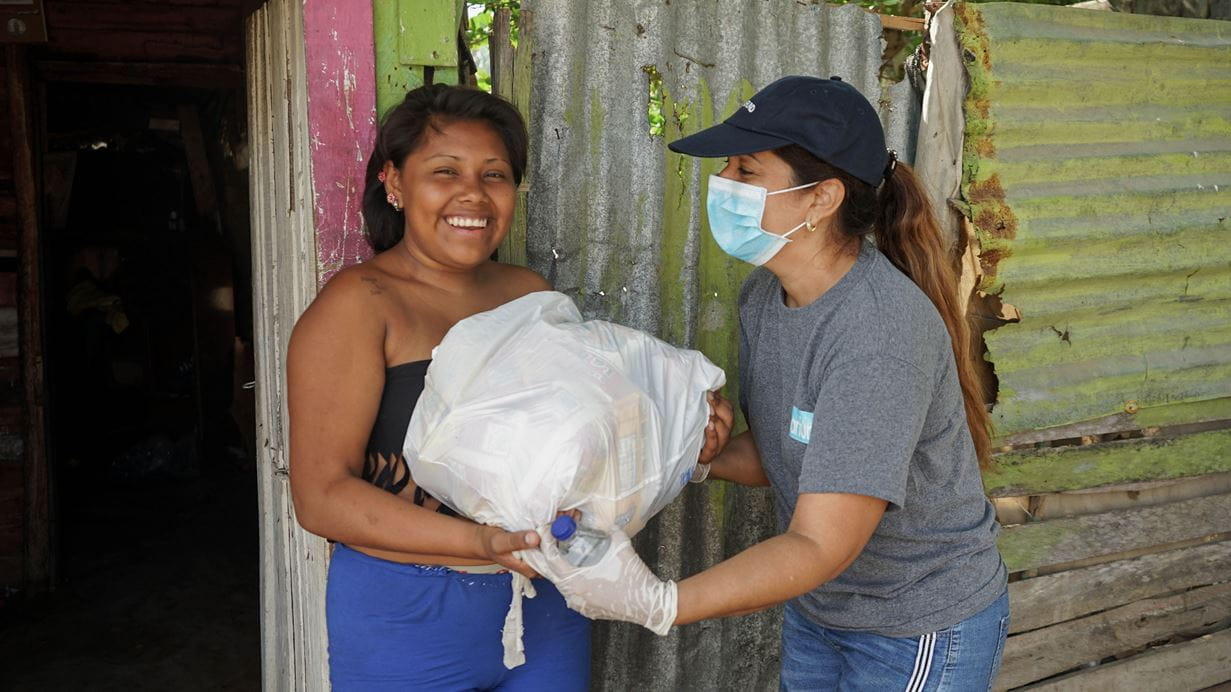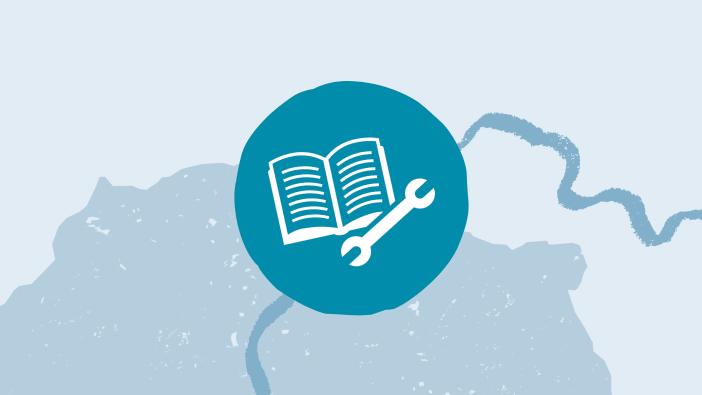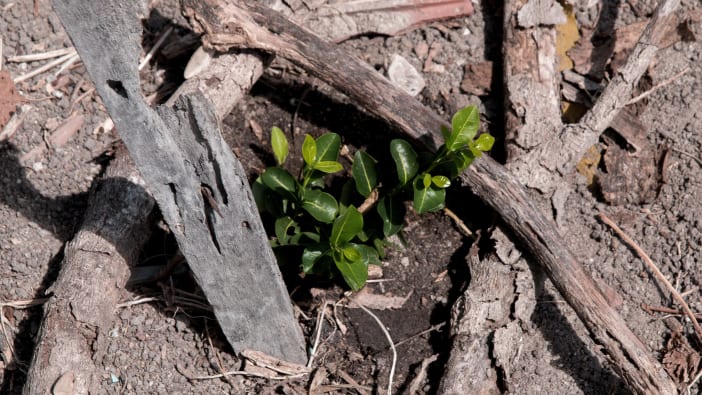The World Health Organization first learnt of the virus that causes Covid-19 on 31 December 2019.
Between then and now (April 2022), more than 494 million cases have been reported worldwide, and more than 6 million people have lost their lives.
As with most challenges the world faces, such as climate change and conflict, it is the world’s most vulnerable people who are suffering the most. But all of us have been affected by Covid-19 in one way or another.
- Restrictions on movement put in place to reduce the spread of the disease have resulted in job and income losses. This has been particularly strongly felt in the informal sector of low- and middle-income countries, where many depend on daily wages.
- Children have lost opportunities to play, socialise and learn. For some, this has resulted in delays in development, as well as emotional and educational challenges.
- With the added pressure put on health services, many people have missed out on appointments, treatment and access to medication for conditions other than Covid-19.
- Mental health has been affected by the loss of loved ones, separation from community and family members, and health and financial concerns. As well as the worsening of pre-existing conditions, high numbers of people have experienced depression, anxiety, trauma and other conditions for the first time.
- The combination of health, economic and emotional stresses has resulted in increased levels of violence and abuse in the home, particularly affecting women
and children. - Fear and lack of understanding of the disease have led to conspiracy theories, stigma and hostility towards people who are trying to help combat the disease.
- In many countries an overabundance of information about the pandemic – some accurate and some not – has made it difficult for people to find reliable guidance when they need it.


